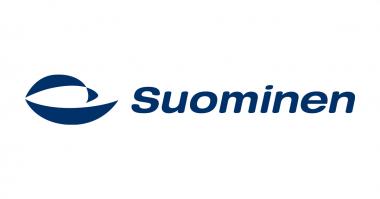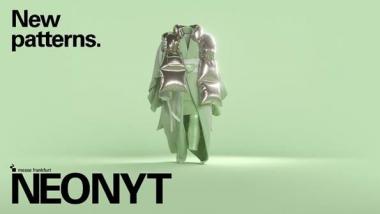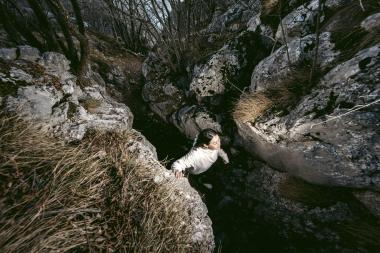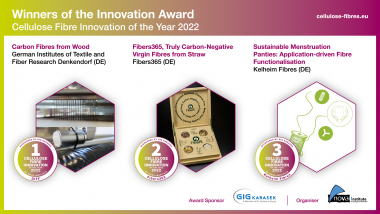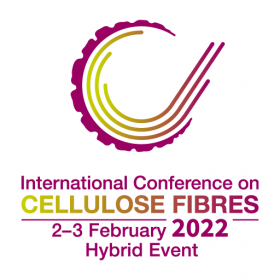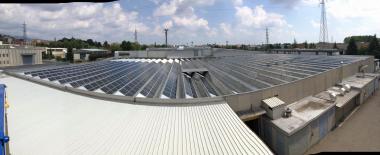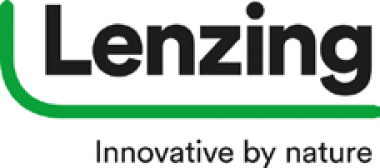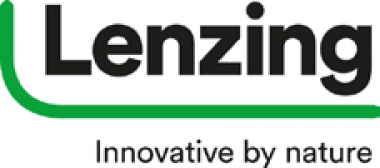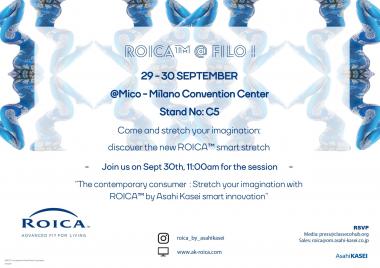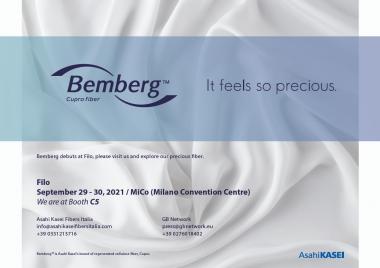RadiciGroup's sustainable Repetable yarn at Emirates FA Cup final
RadiciGroup's sustainable Repetable yarn took to the field alongside Liverpool and Chelsea during the Emirates FA Cup final, which took place on 14 May at Wembley Stadium.
Over 47,000 plastic bottles were collected from previous events at Wembley stadium and transformed into Repetable, the innovative RadiciGroup yarn made from PET flakes, which was then used to make the red banner 105 meters long and 68 meters wide, unveiled during the opening ceremony of the event and decorated with the logos of the two teams.
Compared to virgin polyester, Repetable® allows lower CO2 emissions (-45%), lower water consumption (-90%) and lower energy consumption (-60%), guaranteeing high performance.
The red banner will be recycled again to make backpacks and sports bibs that the FA will donate to the local community to inspire the eco-players of the future: an initiative in the name of circularity!
RadiciGroup






